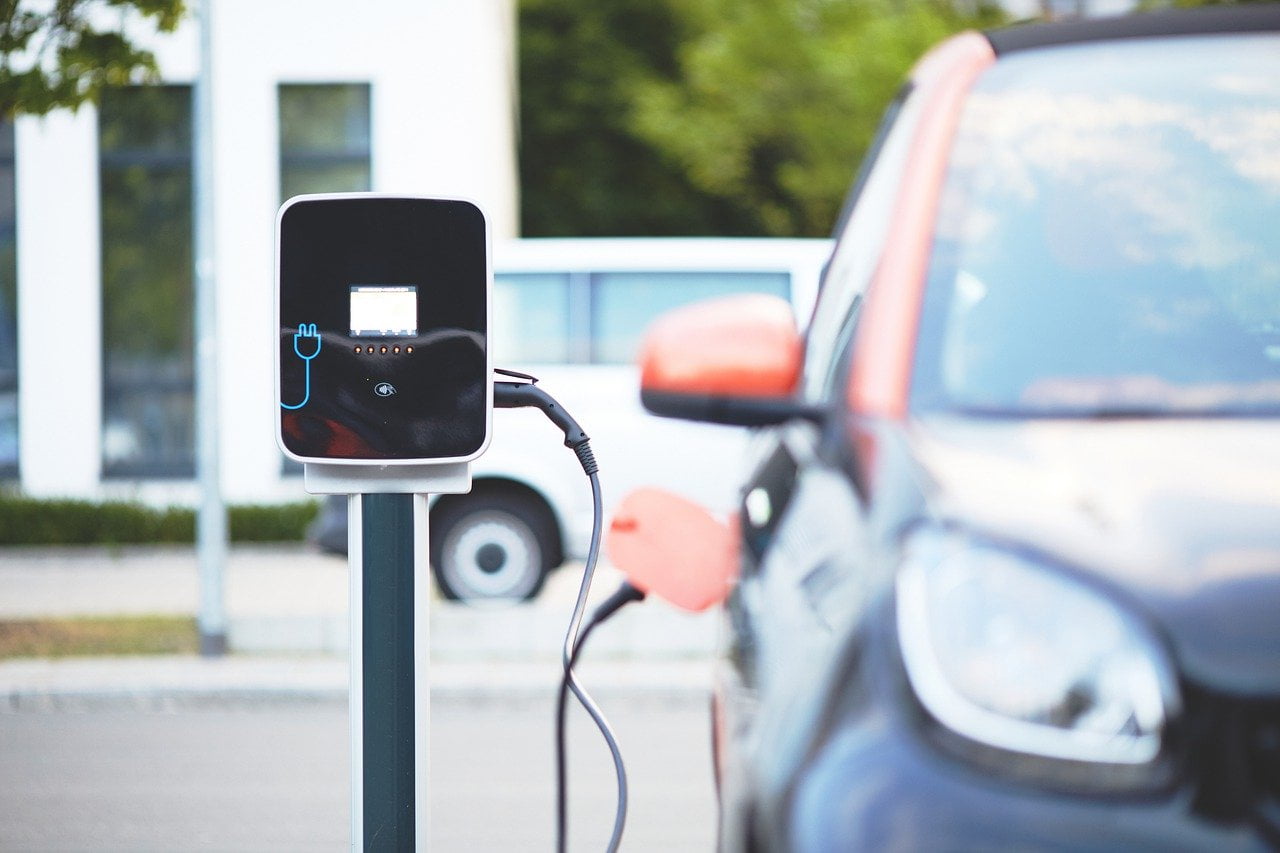Chinese electric vehicle maker NIO Inc (NYSE:NIO) announced it will stop production and hike car prices over the current Covid wave in the country and supply chain constraints.
Halting Production
As reported by CNBC, NIO’s shares listed in Hong Kong dropped by almost 9% upon the Sunday announcement, while the price increase is bound to dent consumer adoption in key markets.
Q4 2021 hedge fund letters, conferences and more
Three SUV models by the Chinese firm will be subjected to a $1,572 increase, the ES8, ES6, and EC6 as of May 10. However, NIO will not raise the price of the ET7 and ET5 sedans –which recently debuted in the market.
CEO William Li said that the move follows soaring prices of raw battery materials, with no relief in the coming months.
A translated statement read: “Originally [we] thought we could bear it, but now with this pandemic it’s even harder to bear. We have no alternative but to raise prices. Please be understanding.”
On Saturday, the company reported it had suspended production due to China’s current COVID-19 wave, which has triggered restrictions that are affecting suppliers’ facilities.
Skyrocketing Prices
Li asserted, “Due to the impact of Covid on Changchun and Hebei, the supply of some of our auto parts has been cut off since mid-March,” while also revealing the company had relied on car parts inventory until the previous week.
Other Chinese EV makers have raised prices such as Xpeng Inc (NYSE:XPEV) and Li Auto Inc (HKG:2015), by 20,000 yuan and 11,800 yuan, respectively. Hikes follow the steps of bigger manufacturers in the country such as Tesla Inc (NASDAQ:TSLA), BYD Ord Shs A (SHE:002594), and WM Motors.
The 400% year-on-year increase in the price of lithium and volatility in Nickel prices are the main cause as both affect the cost of batteries.
Bill Russo, CEO at Shanghai-based Automobility Limited, told CNBC: “Mid-level and entry-level brands are probably going to have some challenges of passing along … the cost increases to the market. So they’re going to either absorb a lower margin or they’re going to have to take certain products down.”













